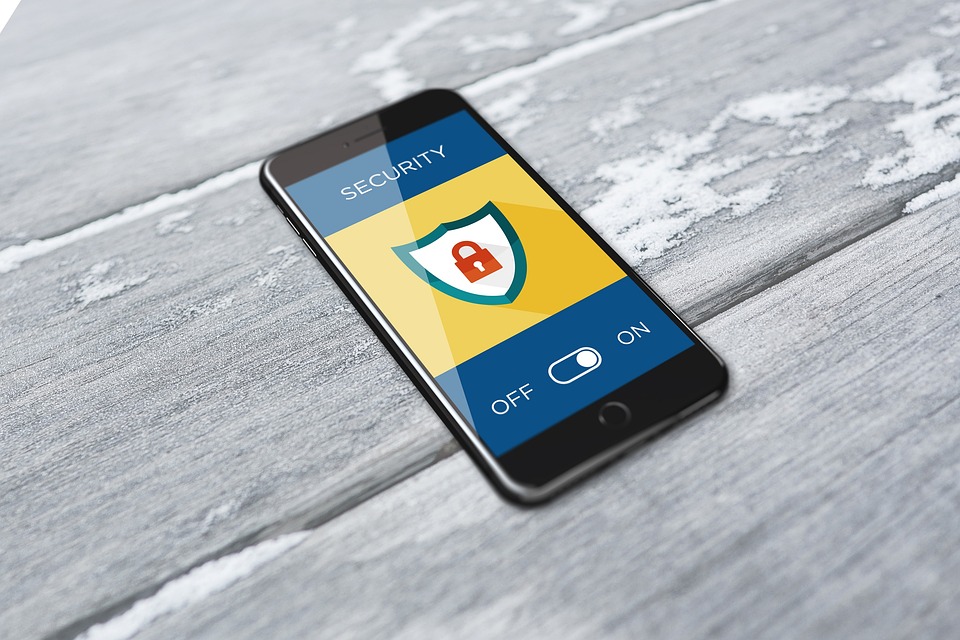Exploring the Intricacies of Thailand’s Internet Security: A Comprehensive Look at the Access Control System
Thailand, a Southeast Asian nation known for its rich cultural heritage and bustling tourism industry, is also making strides in the realm of internet security. The country has been investing heavily in its digital infrastructure, with a particular focus on the Access Control System (ACS). This system is a critical component of Thailand’s internet security framework, designed to protect the nation’s digital assets from cyber threats.
The Access Control System is a sophisticated technology that regulates who or what can view or use resources in a computing environment. It is a crucial part of any internet security strategy, as it helps to prevent unauthorized access to sensitive information. In Thailand, the ACS is used to safeguard everything from government databases and corporate networks to personal data of citizens.
The Thai government has been proactive in implementing the ACS across various sectors. The system is designed to identify, authenticate, and authorize individuals or groups to access specific resources. This is achieved through a combination of user credentials, biometric scans, and digital certificates. The ACS then verifies these details against a set of predefined rules, ensuring that only authorized individuals gain access.
Thailand’s ACS is not just about restricting access; it also includes measures to monitor and record activities. This is particularly important in detecting and responding to potential security breaches. The system logs all access attempts, successful or otherwise, providing a clear audit trail. This data can then be analyzed to identify patterns of behavior that may indicate a security threat.
The implementation of the ACS in Thailand has been met with considerable success. The system has proven effective in mitigating cyber threats, reducing the incidence of data breaches, and enhancing overall internet security. However, like any technology, it is not without its challenges.
One of the main challenges is the need for continuous updates and upgrades to keep pace with evolving cyber threats. Hackers are constantly developing new techniques to bypass security measures, and the ACS must be able to adapt to these changes. The Thai government has recognized this need and has committed to ongoing investment in the system’s development and maintenance.
Another challenge is ensuring that the ACS does not infringe on individual privacy rights. While the system is designed to protect sensitive information, there is a fine line between security and privacy. The Thai government has addressed this issue by implementing strict regulations governing the collection, use, and storage of personal data.
In conclusion, Thailand’s Access Control System is a robust and sophisticated tool in the country’s internet security arsenal. It has proven effective in protecting digital assets and reducing cyber threats. However, it requires ongoing investment and careful management to ensure its continued effectiveness and to balance security needs with privacy rights. As Thailand continues to advance its digital infrastructure, the ACS will undoubtedly play a pivotal role in shaping the country’s internet security landscape.











